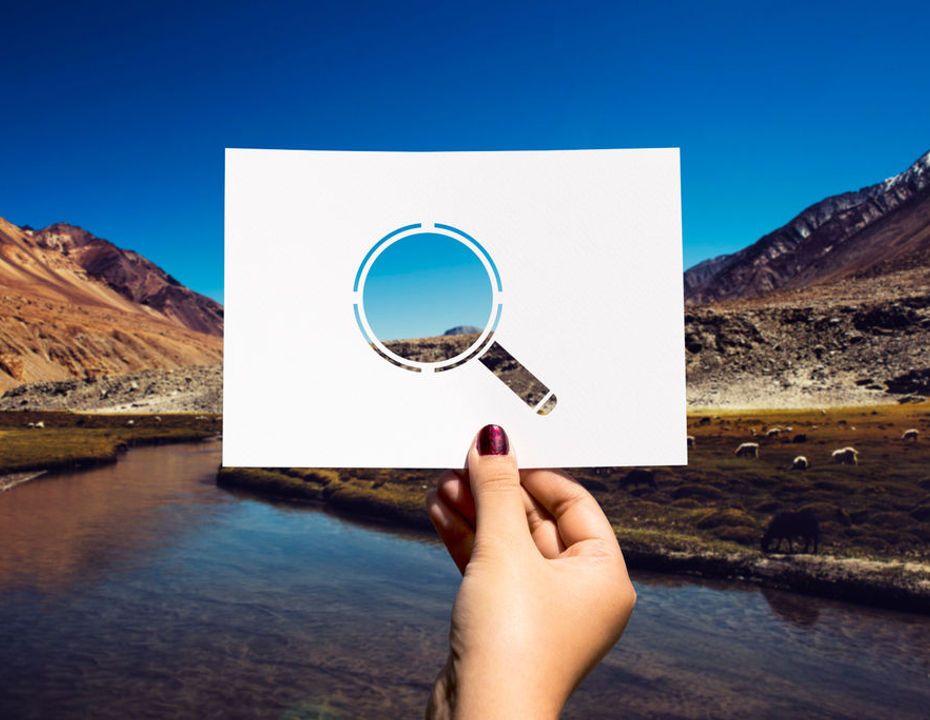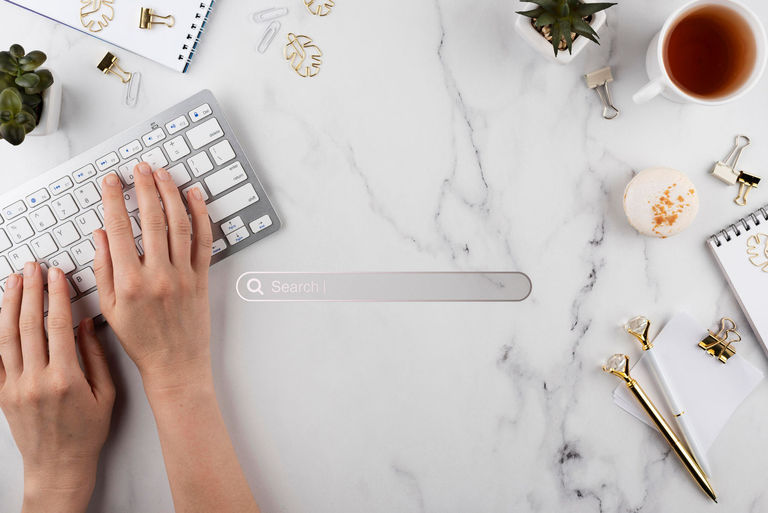
Preview in:
Understanding AI image search
Reverse image search allows users to search the internet using an image instead of text. This can be incredibly useful for finding the source of an image, discovering similar/related images, or obtaining more information about a particular image. Traditional search engines like Google have offered this functionality for years, but recent improvements in artificial intelligence (AI) have taken this capability to the next level.
The Power of AI Reverse Image Search
AI image search utilizes advanced algorithms and machine learning to analyze and interpret images. This technology can look for objects, faces, locations, and even text within an image, making the search results more accurate and relevant.
Lenso.ai as an example of AI Reverse Image Search
Lenso.ai exemplifies the AI image search trend expected to dominate through the upcoming years. With advanced technology, users can swiftly find desired images. Moreover, searches can be categorized by People, Places, Duplicates, Text, or Domain, thereby narrowing and specifying the results.
Does reverse image search work with screenshots?
Screenshots are essentially images captured from a computer or mobile device screen. They can include photos, web pages, social media posts, or anything displayed on your screen. The question is, can AI reverse image search handle screenshots as effectively as regular images? The answer is yes. Here’s how:
- Image Analysis: When you upload a screenshot, the AI algorithms analyze the entire image, identifying key elements such as objects, faces, and text.
- Pattern Recognition: The AI then compares these elements against a vast index of images, looking for matches or similar patterns. This process is highly accurate, even if the screenshot includes additional elements like text or browser interfaces.
- Results Compilation: Within seconds, the chosen search engine provides a list of results, including similar or related images, duplicates, sources, and any other additional information. This makes it easy to track down the original source of the image or find deeper context.
How to do a reverse image search with a screenshot? - Step-by-step guide
Step 1: Capture a Screenshot
First, you need to capture the screenshot you want to search. Here's how you can do it on different devices:
- Windows PC: Press the
PrtScnbutton to capture the entire screen orAlt + PrtScnto capture the active window. You can then paste it into an image editor like Paint and save it. - Mac: Press
Command + Shift + 4to capture a selected portion of the screen. The screenshot will be saved to your desktop. - iOS (iPhone/iPad): Press the
PowerandVolume Upbuttons simultaneously. The screenshot will be saved to your Photos app. - Android: Press the
PowerandVolume Downbuttons simultaneously. The screenshot will be saved in the Screenshots folder in your Gallery.
Alternatively, you are free to use tools that are available on all devices mentioned above. If you create too many screenshots, use a dedicated cleaning tool to easily delete them once you complete the reverse image search.
Step 2: Upload the screenshot via AI reverse search tool
Go to the reverse image search website, for examplelenso.aiand upload your screenshot.
Before uploading an screenshot, remember to:
- Clear Screenshots: Ensure your screenshot is clear and captures the main subject of interest.
- Crop Unnecessary Elements: If your screenshot includes elements like browser tabs or menus, crop them out before uploading.
- High-Quality Images: Higher quality screenshots can lead to more accurate search results.
Step 3: Start your AI image search
After uploading the screenshot, AI algorithms will start processing the image. This involves analyzing the content, identifying key elements, and comparing them with image index.
Step 4: Review the results
Explore the results and, if needed, prepare another screenshot to rearrange search for more inclusive results. Remember to save your search results as images may be removed from external websites.
Advantages of using lenso.ai for AI reverse image search
Using lenso.ai, you will be able to search for:
- Duplicates - this feature enables users to find precise matches for images online, even when heavily filtered. Thanks to additional AI technologies such as face recognition, it can correlate features and image backgrounds to identify altered matches.
- Places- the ability to filter landmarks and landscapes specifically from the image. Thanks to this, even if you are looking for a landscape behind a person, the tool will focus on that, rather than one's face.
- People* - uses a highly effective algorithm that recognizes faces with impressive accuracy. It allows users to specifically search for faces within images. This tool differs from other image recognition software because it analyzes specific facial features to find the same person even when their appearance varies across images.
- Related search- allows users to look for exact images.
- Similar search - enables you to look for similar pictures that are topic related.
*Available in selected regions
Beside that, you can use additional options to narrow your search:
- Keyword search - provide selected keywords
- Domain search - search only on a specific website by providing its URL
Enhance Your Reverse Image Search with Text Keywords on lenso.ai
Additionally, you can sort results by:
- Newest/Oldest
- Best/Worst match
- Shuffle - randomize the results even more! Shuffle to make the images show up in a random arrangement
Finally, you can easily save your search, which will be available in your profile search history.
Reverse image search with screenshots
AI reverse search is a powerful tool that works with screenshots as well, thanks to advanced AI technology. Platforms like lenso.ai make this process even more efficient, accurate, and user-friendly. Whether you're looking for a similar image, or want to protect your intellectual property, or just simply satisfy your curiosity, AI reverse image search, in such cases, is undoubtedly the best solution.
Continue reading

Guides
How to Use Reverse Image Search for Better Visual Insight
Reverse image search differs from traditional keyword lookup because it analyzes visual features - such as colors, shapes, textures, and patterns - letting you search by image instead of text. This makes it ideal for finding photo sources, identifying objects or people, and discovering where an image has appeared online.

Guides
How to do a background check in 2026? Best Tools & Advice
Background checks are essential in nearly every industry. They help verify potential prospects or clients and can protect you or your business from fraud. Let’s explore how to conduct a background check in 2026.

Guides
How Reverse Image Search Fits Into a Modern Ecommerce Martech Stack
Ecommerce once revolved around keywords. Customers typed product names, applied filters, and scrolled through grids. That behavior still exists, but it no longer defines how discovery works.

Guides
Reverse Image Search FAQ: How it works & best tools
If you’ve just started using reverse image search and you’re not sure how it works or which tools are actually good, you’re in the right place. Explore the most detailed reverse image search FAQ and learn how to get the best results.

